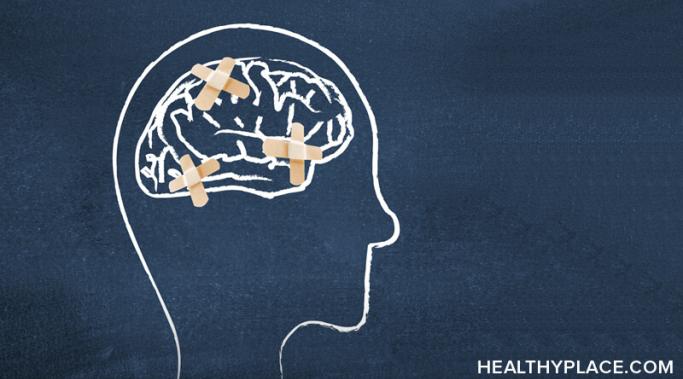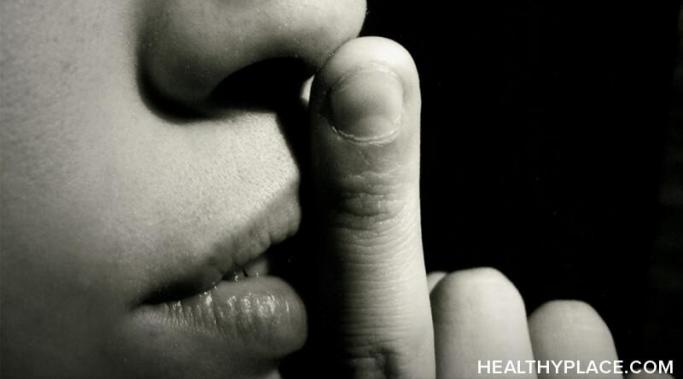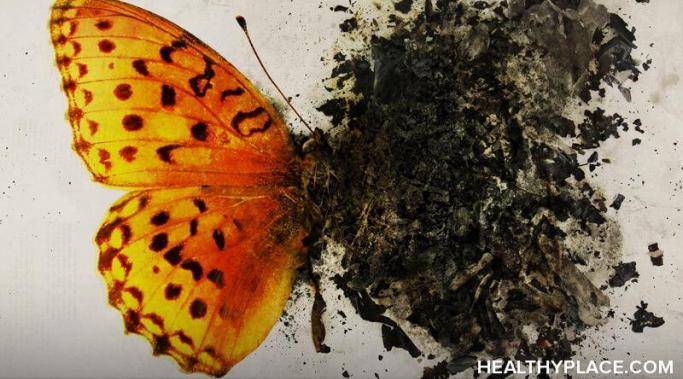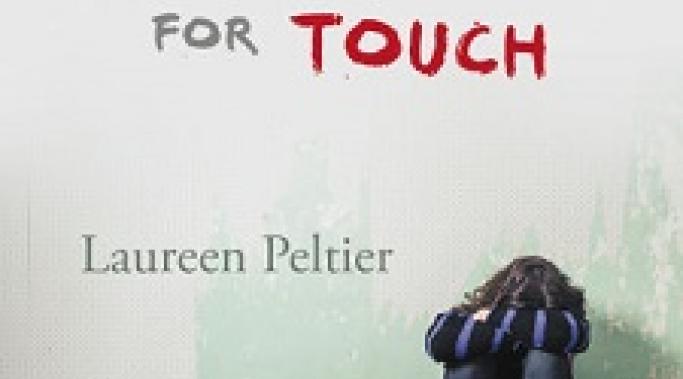Thanksgiving is here, which means the holiday season is upon us; for me, the holidays come with complex posttraumatic stress disorder (complex PTSD, sometimes shortened to C-PTSD). Many people find this time of year joyful and triumphant, loving the hustle and bustle. When you live with complex PTSD, however, this can be an overwhelming season filled with many emotions.
Childhood Trauma
Tonight I was reminded that the emotional flashbacks of complex posttraumatic stress disorder (C-PTSD) are ever present in my life. I was sitting in bed snuggled up next to my golden retriever, Miles. I could hear my daughter in the living room singing to the songs playing through her earbuds. The louder she sang, the more I felt like I was about to come out of my skin. I just wanted to scream "Shut up." The thing is though, when I stopped to think about why her singing was flipping me out, I realized it wasn't about her singing at all. I was actually dealing with one the hallmarks of C-PTSD -- an emotional flashback.
As an individual with complex posttraumatic stress disorder (PTSD) and resulting low self-esteem, I can spend an exhaustive amount of time worrying about how others perceive me. Even though these worries are not the most rational when held up for inspection, they are so automatic that sometimes they slip right out before I have time to think about them. Here are some examples of how my low-self esteem manifests itself and what helps me fight the negativity, warped self-confidence and low self-esteem caused by my PTSD.
Posttraumatic stress disorder (PTSD) stigma is alive and well. If you have PTSD, you've probably heard someone tell you to "just get over" your trauma. Maybe it was a well-meaning friend or family member, like my father who was frightened by my suicidal ideations. Or maybe it was a less well-meaning stranger, like the rude New Yorker who recently commented on my blog telling me to, "Grow up and take responsibility for [my] life." Whether the statement comes from a place of love or PTSD stigma, it doesn't make sense. Here's why.
Complex posttraumatic stress disorder (C-PTSD) and perfectionism often occur together. What drives someone with C-PTSD towards clinically significant perfectionism? Generally speaking, perfectionism becomes clinically significant when it results in an excessive or unrealistic need to perform to exceedingly high, self-imposed standards. The drive for perfection is so strong that it can interfere with work, education or relationships. For individuals with C-PTSD, the need for absolute excellence can become a means of dealing with fear and anxiety created by ongoing trauma. Let's examine how trauma drives these unrealistic expectations, and how to set more realistic goals.
There are several approaches to healing from posttraumatic stress disorder (PTSD), and they may include finding comfort and support from faith communities. Yet, some doctrines do not foster self-care and recovery. If you have a faith community or consider yourself a member of an organized religion, you may develop beliefs that can stand in the way of your healing from PTSD. Here are some observations on faith systems and their impact on PTSD recovery.
In the course of my recovery, there came a time when I wanted my abusers to suffer. Most people who have been, or are being abused, don't seek help. Statistics on abuse show that as many as 60 percent of perpetrators are never prosecuted. In my case, my abusers were never called to account for their actions. When I began to talk about my abuse and work through all that had occurred, I came to a point where I was angry and resentful. My nightmares of abuse shifted to ugly visions of ways in which I could cause as much suffering to them as possible without killing them. I had to work to reconcile these intense emotions where I wanted to make my abusers suffer to continue healing.
At first, the idea that sexual promiscuity can result from childhood sexual abuse seems illogical. Wouldn't someone who suffered sexual abuse have difficulty creating intimate relationships and work to avoid personal contact? While this can often be the case, a review of the research on childhood sexual abuse (from the American Academy of Experts in Traumatic Stress, or AAETS) confirms that a large number of survivors engage in promiscuous behaviors, even those who turn away close relationships. Here are some of the reasons why childhood sexual abuse can lead to promiscuity.
My memories lost to dissociation come from having experienced prolonged traumatic abuses as a child. I developed the protective reflex of dissociation at an early age. Dissociation was my response to frightening, harmful, and unpredictable environments. I learned to tune out and shut down mentally while still being able to respond to my surroundings to function in the moment. I don't know this because I remember it. I know this because other people hold memories for me. Here is how I began reclaiming my memories lost to trauma-related dissociation.
The effects of childhood sexual abuse can be felt for a long time after childhood is over, even a lifetime, if left untreated. I have found that to be true for me, as well as many others I know who have posttraumatic stress disorder (PTSD) resulting from childhood sexual abuse. I recently read a book called, Hungry for Touch, A Journey from Fear to Desire, by Laureen Peltier that is an excellent example of how childhood trauma can cause PTSD symptoms much later in life. The book also shows how perseverance in treatment can bring healing from the long-term effects of childhood sexual abuse.









